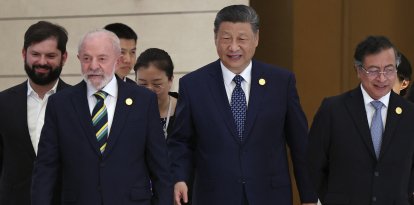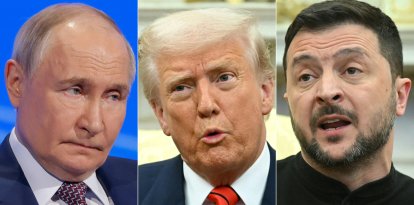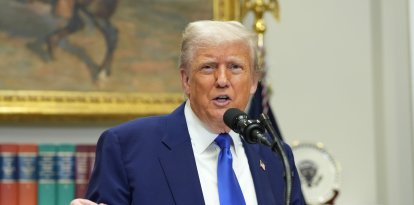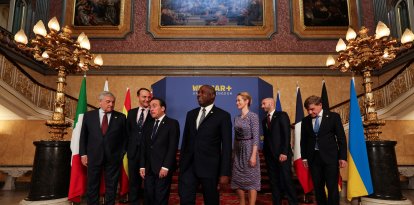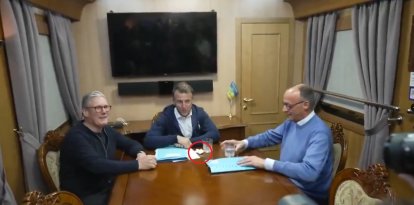Moscow court orders detention of Yulia Navalnaya, widow of Alexei Navalny
The wife of the late opposition leader criticized the systematic pattern of the Russian regime and called Vladimir Putin a "murderer and a war criminal."
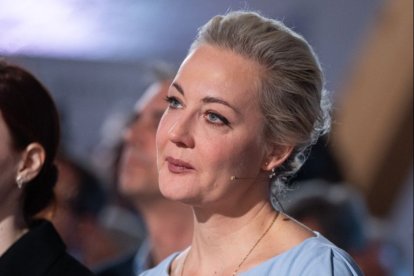
Yulia Navalnaya
A city court in Moscow on Tuesday issued an arrest warrant for Yulia Navalnaya, widow of the late Kremlin opponent Alexei Navalni, for her alleged "participation in an extremist organization."
The court approved investigators' request to impose a precautionary measure of two months' pre-trial detention on Navalnaya, pending an investigation into her alleged involvement in activities linked to an extremist organization.
Navalnaya, who currently resides outside Russia, reacted to the arrest warrant through a post on X. In her message, she criticized the systematic pattern of the Russian regime, noting that critics of the Kremlin are often labeled as foreign agents, then face criminal prosecution and, finally, are issued an arrest warrant.
Navalnaya also reiterated her accusation that Vladimir Putin is "a murderer and a war criminal," arguing that the Russian president should serve time in a Russian prison.
"His place is in prison, and not somewhere in The Hague, in a cosy cell with a TV, but in Russia — in the same colony and the same two by three-metre cell in which he killed Alexei," Navalnaya said in X.
The arrest warrant against Navalnaya occurs in the broader context of political repression in Russia. In 2021, Russian authorities declared the Anti-Corruption Foundation (FBK), created by Alexei Navalny, as an extremist organization. This classification allowed the authorities to criminally prosecute employees, volunteers and supporters of the organization, thus intensifying the persecution of opponents of the Kremlin.
Earlier this year, following Navalni's death in a Russian prison, Yulia Navalnaya vowed to continue her husband's struggle against the Putin regime. The recent arrest warrant against Navalnaya is seen as a new episode in the growing political repression in Russia, a phenomenon that continues to attract the attention of the international community.
RECOMMENDATION
